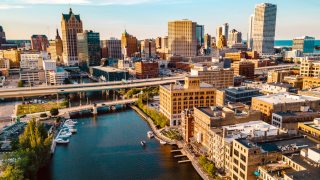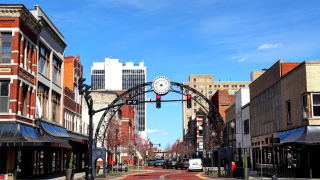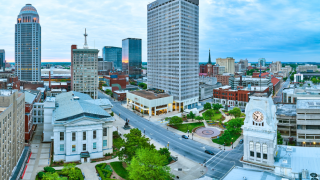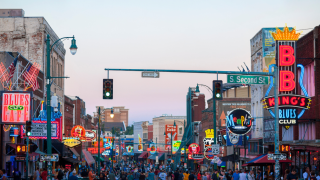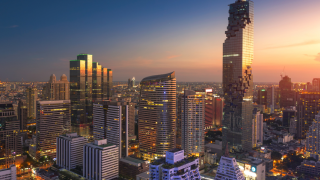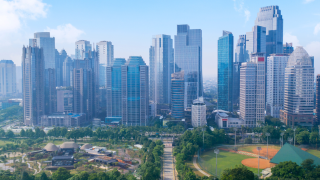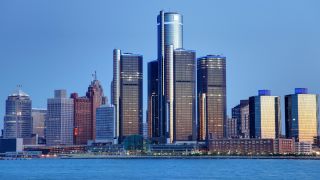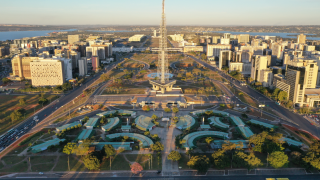 LOANWORD
LOANWORD Brasília in Kanji? Exploring Japanese Impressions of the Capital and Their Origins
While Brazil as a nation is familiar to Japanese people through soccer, coffee, and immigration, its capital, Brasília, remains far less known. With no established kanji name, Brasília carries an image of being a planned political city rather than a cultural or tourist hub.

